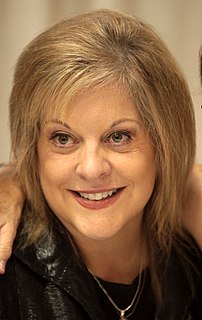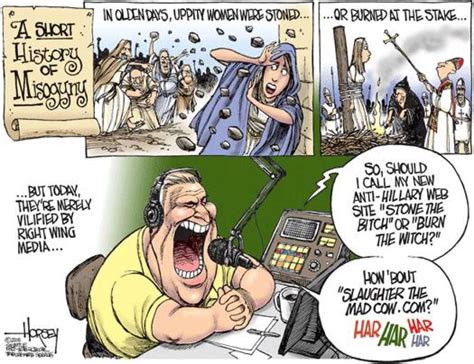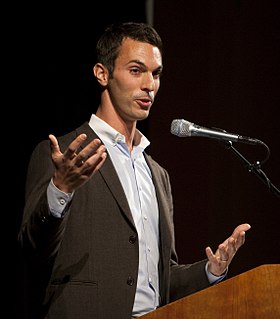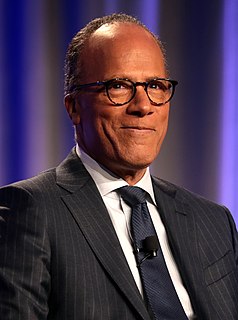A Quote by Nancy Grace
A lot of police shootings are justified, but many others are not.
Related Quotes
A system in which legal police shootings of unarmed civilians are a common occurrence is a system that has some serious flaws. In this case, the drawback is a straightforward consequence of America's approach to firearms. A well-armed citizenry required an even-better-armed constabulary. Widespread gun ownership creates a systematic climate of fear on the part of the police. The result is a quantity of police shootings that, regardless of the facts of any particular case, is just staggeringly high. Young black men, in particular, are paying the price for America's gun culture.
Only with gun violence do we respond to repeated tragedies by saying that mourning is acceptable but discussing how to prevent more tragedies is not. But that's unacceptable. As others have observed, talking about how to stop mass shootings in the aftermath of a string of mass shootings isn't 'too soon.' It's much too late.
330,000 members of the Fraternal Order of Police see Trump's commitment to law and order. But they also - they also hear the bad mouthing, the bad mouthing that comes from people that seize upon tragedy in the wake of police action shootings as - as a reason to - to use a broad brush to accuse law enforcement of - of implicit bias or institutional racism. And that really has got to stop.
Many White people are not sensitive to the kind of abuse that African Americans, especially younger African Americans, receive at the hands of police officers and police departments. I think for most Whites their experience with the police has been good or neutral because they don't interact with the police as much as those in the Black community.































